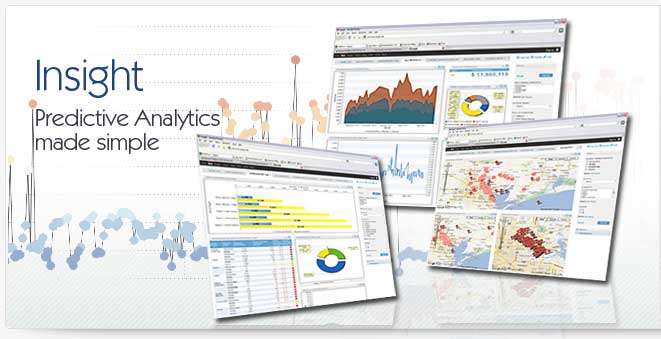Insurance Data Warehousing
In today's harsh economic climate failure is a risk that all businesses are exposed to. Not having the ability to react to the market fast enough or at all can force a business to downsize or completely shut its doors. One of the most competitive markets that have to deal with this reality is the insurance industry. Not only do insurance companies compete with one and other, they also have to deal with fraudulent claims and often times court cases that could potentially cost millions of dollars in revenue. Insurance data warehousing can be the solution to both battling fraudulent claims and competing in the market.
Using insurance data warehousing
Traditionally insurance data warehousing covers how companies handle their data and claims on a lower lever to provide employees with all the information they need to manage claims. Another aspect of insurance data warehousing is to provide the insurance group with a simple system that stores all their historical data into one warehouse, which can be accessed to analyze business issues such as risk factors, customer loyalty, productiveness, and gauging market share penetration. Insurance data warehousing is a very large part of how insurance companies operate.
What insurance data warehousing can do for the business
Insurance data warehousing allows users to bring together all aspects of their business for quicker and better reporting and analysis. There are roughly five different aspects that most insurance companies utilizing insurance data warehousing are deploying: Customer management, business process improvement, predicting the market, efficiently reacting to the market, and risk management. While these are critical reasons, they are not the only reasons for insurance data warehousing.
Insurance data warehousing, customer management and business improvement
Insurance data warehousing gives insurance companies an insight into what their customers want and need, and how to give that to them in the best possible manner. Customer management gives the user an opportunity to identify whether or not their customers are over satisfied or unsatisfied with their claims. Is the customer to remain loyal based on their experience? Business improvement can offer the company and insight into why their customers are happy or unhappy with their experience. Insurance data warehousing can provide valuable information on how the operation is being run and executed, if not run or executed properly the insurance company runs the risk of losing customer loyalty.
Agile insurance data warehousing
Because of the challenging state of the economy and stiff competition, more and more insurers are depending on insurance data warehousing to understand and manage their business. However, having a traditional data warehousing system in place is no longer enough in this uncertain economy. Insurance data warehousing has to be agile so that insurance companies can react to the market or any situation with speed and efficiency which is crucial in today's market. This agility is a new aspect of insurance data warehousing.
|



